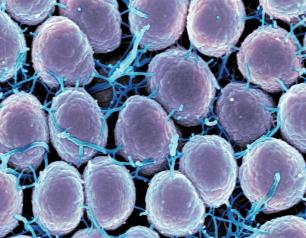NIAID supports research to understand, diagnose, and treat many of the world’s most intractable and widespread diseases. Explore NIAID research through the diseases and conditions as well as the cross-cutting disciplines and approaches below.
Filter research areas by:
Disciplines & Approaches |
All Diseases & Conditions |
Allergic Diseases |
Immunologic Diseases |
Infectious Diseases
10 Results
Antimicrobial (Drug) Resistance
Bacteria, fungi, and other microbes evolve over time and can develop resistance to antimicrobial drugs. Microbes naturally develop resistance; however, using antibiotics too often in humans and animals and in cases where antibiotics are not an appropriate treatment can make resistance develop more quickly.

Biodefense and Related Programs
NIAID supports research and development of medical countermeasures against emerging diseases and terrorist threats such as radiation exposure and chemical weapons.
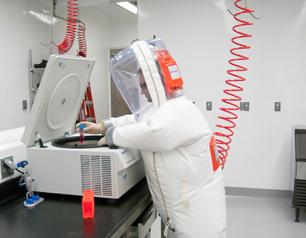
Genomics & Advanced Technologies
Research fields, such as genomics, proteomics, and systems biology, are creating a wealth of information about infectious and immune-mediated diseases. Through the use of advanced technologies, researchers are developing a clearer understanding of pathogens, disease, and host immunity.

Global Research
NIAID conducts and supports basic and applied research to better understand, treat, and ultimately prevent infectious, immunologic, and allergic diseases. For more than 60 years, NIAID research has led to new therapies, vaccines, diagnostic tests, and other technologies that have improved the health of millions of people in the United States and around the world.

Immune System Research
The immune system is a network of cells, tissues, and organs that work together to protect the body from infection. Although scientists have learned much about the immune system, they continue to study how the body targets invading microbes, infected cells, and tumors while ignoring healthy tissues.
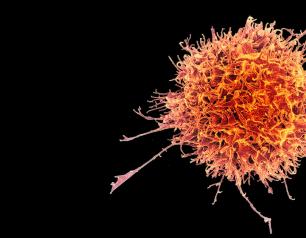
Neglected Tropical Diseases
Neglected tropical diseases (NTDs), such as dengue, lymphatic filariasis, trachoma, and leishmaniasis, are called "neglected," because they generally afflict the world's poor and historically have not received as much attention as other diseases.

Pandemic Preparedness
NIAID pandemic preparedness focuses predominantly on viruses that could cause epidemics or pandemics and prioritizes research on prototype-pathogens, representative pathogens from viral families known to infect humans, and high-priority pathogens most likely to threaten human health.
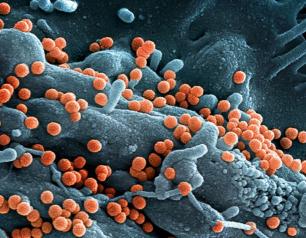
Vaccines
Vaccines stimulate the immune system to produce immune responses that protect against infection. Vaccines provide a safe, cost-effective and efficient means of preventing illness, disability and death from infectious diseases.

Vector Biology
Arthropod vectors, including insects and ticks, can transmit infectious disease pathogens among humans or between animals and humans. NIAID conducts and supports a comprehensive vector biology research program to advance science and identify approaches that will help control or prevent the transmission of vector-borne pathogens to humans.
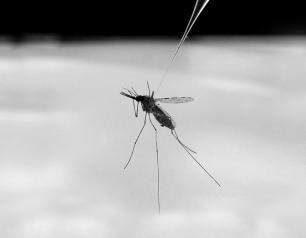
Women's Health
Women face unique health problems related to many NIAID mission areas—specifically, HIV/AIDS, sexually transmitted infections, and autoimmune disorders. Many infectious and autoimmune diseases affect female populations disproportionately.
